How to resolve marriage conflict
6 Steps for Resolving Conflict in Marriage
Go Back To All Resolving Conflict Articles
Resolving Conflict
Dennis Rainey
·11 min read
Few couples like to admit it, but conflict is common to all marriages. We have had our share of conflict and some of our disagreements have not been pretty. We could probably write a book on what not to do!
Start with two selfish people with different backgrounds and personalities. Now add some bad habits and interesting idiosyncrasies, throw in a bunch of expectations, and then turn up the heat a little with the daily trials of life. Guess what? You are bound to have conflict. It’s unavoidable.
Since every marriage has its tensions, it isn’t a question of avoiding them but of how you deal with them. Conflict can lead to a process that develops oneness or isolation. You and your spouse must choose how you will act when conflict occurs.
Step One: Resolving conflict requires knowing, accepting, and adjusting to your differences.
One reason we have conflict in marriage is that opposites attract. Usually a task-oriented individual marries someone who is more people-oriented. People who move through life at breakneck speed seem to end up with spouses who are slower-paced. It’s strange, but that’s part of the reason why you married who you did. Your spouse added a variety, spice, and difference to your life that it didn’t have before.
But after being married for a while (sometimes a short while), the attractions become repellents. You may argue over small irritations—such as how to properly squeeze a tube of toothpaste—or over major philosophical differences in handling finances or raising children. You may find that your backgrounds and your personalities are so different that you wonder how and why God placed you together in the first place.
It’s important to understand these differences, and then to accept and adjust to them. Just as Adam accepted God’s gift of Eve, you are called to accept His gift to you. God gave you a spouse who completes you in ways you haven’t even learned yet.
We were no exception. Perhaps the biggest adjustment we faced early in our marriage grew out of our differing backgrounds. I grew up in Ozark, Missouri, a tiny town in the southwestern corner of the “Show-Me” state. Barbara grew up in a country club setting near Chicago and later in Baytown, Texas. Barbara came into our marriage a refined young lady. I was a genuine hillbilly.
It was as though we came from two different countries with totally different traditions, heritages, habits, and values. The differences became apparent early in our marriage. Take furniture, for example. Barbara had an Ethan Allen dream book and she was always looking at it. It was full of things made of solid cherry, solid walnut, solid mahogany. It was nothing for chairs to cost $189.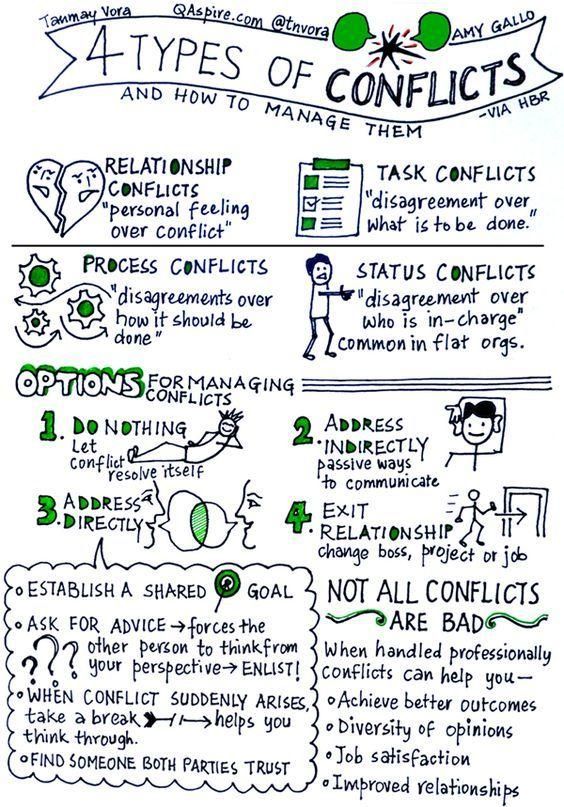 95—per leg.
95—per leg.
I didn’t understand why she wanted to go buy this kind of stuff when, in southwest Missouri, you could go to K-Mart and get a formica table with chrome legs and six chairs! And for a lot less than $189.95. You can eat off that kind of table for years and it will never show any wear.
So, how did we compromise? We bought an antique and I was expected to refinish it—which created an opportunity for another major difference in our backgrounds to surface. Barbara’s father was an engineer. He is mechanically gifted, can fix anything, and actually enjoys it. I’m convinced he could fix a nuclear reactor.
Grab our new online course on Financial Freedom for Couples!
My dad had a background in sales. Fixing things was not his idea of fun. If bailing wire or a little duct tape wouldn’t work, he usually called the plumber or whatever repairman was necessary.
And so there we were, just married, with an antique table that needed refinishing.
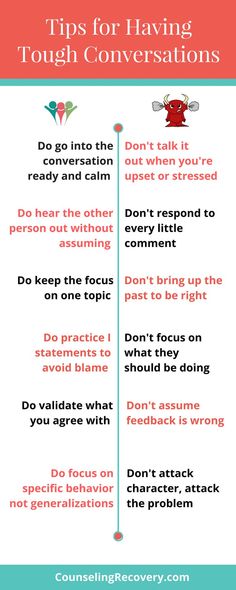 I went at it reluctantly, but I got it done. In some ways it saved our marriage in the early going.
I went at it reluctantly, but I got it done. In some ways it saved our marriage in the early going. Step Two: Resolving conflict requires defeating selfishness.
All of our differences are magnified in marriage because they feed what is undoubtedly the biggest source of our conflict—our selfish, sinful nature.
Maintaining harmony in marriage has been difficult since Adam and Eve. Two people beginning their marriage together and trying to go their own selfish, separate ways can never hope to experience the oneness of marriage as God intended. The prophet Isaiah portrayed the problem accurately more than 2,500 years ago when he described basic human selfishness like this: “All of us like sheep have gone astray, each of us has turned to his own way” (Isaiah 53:6). We are all self-centered; we all instinctively look out for number one, and this leads directly to conflict.
Marriage offers a tremendous opportunity to do something about selfishness. We have seen the Bible’s plan work in our lives, and we’re still seeing it work daily. We have not changed each other; God has changed both of us. The answer for ending selfishness is found in Jesus and His teachings. He showed us that instead of wanting to be first, we must be willing to be last. Instead of wanting to be served, we must serve. Instead of trying to save our lives, we must lose them. We must love our neighbors (our spouses) as much as we love ourselves. In short, if we want to defeat selfishness,
we must give up, give in, and give all.
We have not changed each other; God has changed both of us. The answer for ending selfishness is found in Jesus and His teachings. He showed us that instead of wanting to be first, we must be willing to be last. Instead of wanting to be served, we must serve. Instead of trying to save our lives, we must lose them. We must love our neighbors (our spouses) as much as we love ourselves. In short, if we want to defeat selfishness,
we must give up, give in, and give all.
As Philippians 2:1-8 tells us:
Therefore if there is any encouragement in Christ, if there is any consolation of love, if there is any fellowship of the Spirit, if any affection and compassion, make my joy complete by being of the same mind, maintaining the same love, united in spirit, intent on one purpose. Do nothing from selfishness or empty conceit, but with humility of mind regard one another as more important than yourselves; do not merely look out for your own personal interests, but also for the interests of others.
Have this attitude in yourselves which was also in Christ Jesus, who, although He existed in the form of God, did not regard equality with God a thing to be grasped, but emptied Himself, taking the form of a bond-servant, and being made in the likeness of men. Being found in appearance as a man, He humbled Himself by becoming obedient to the point of death, even death on a cross.
To experience oneness, you must give up your will for the will of another. But to do this, you must first give up your will to Christ, and then you will find it possible to give up your will for that of your spouse.
Grab some ground rules to transform your fights into communication breakthroughs.
Step Three: Resolving conflict requires pursuing the other person.
Romans 12:18 says, “If it is possible, as much as it depends on you, live peaceably with all men.” The longer I live the more I realize how difficult those words are for many couples. Living peaceably means pursuing peace. It means taking the initiative to resolve a difficult conflict rather than waiting for the other person to take the first step.
It means taking the initiative to resolve a difficult conflict rather than waiting for the other person to take the first step.
To pursue the resolution of a conflict means setting aside your own hurt, anger, and bitterness. It means not losing heart. My challenge to you is to “keep your relationships current.” In other words, resolve that you will remain in solid fellowship daily with your spouse—as well as with your children, parents, coworkers, and friends. Don’t allow Satan to gain a victory by isolating you from someone you care about.
Step Four: Resolving conflict requires loving confrontation.
Wordsworth said, “He who has a good friend needs no mirror.” Blessed is the marriage where both spouses feel the other is a good friend who will listen, understand, and work through any problem or conflict. To do this well takes loving confrontation.
Confronting your spouse with grace and tactfulness requires wisdom, patience, and humility. Here are a few other tips we’ve found useful:
- Check your motivation.
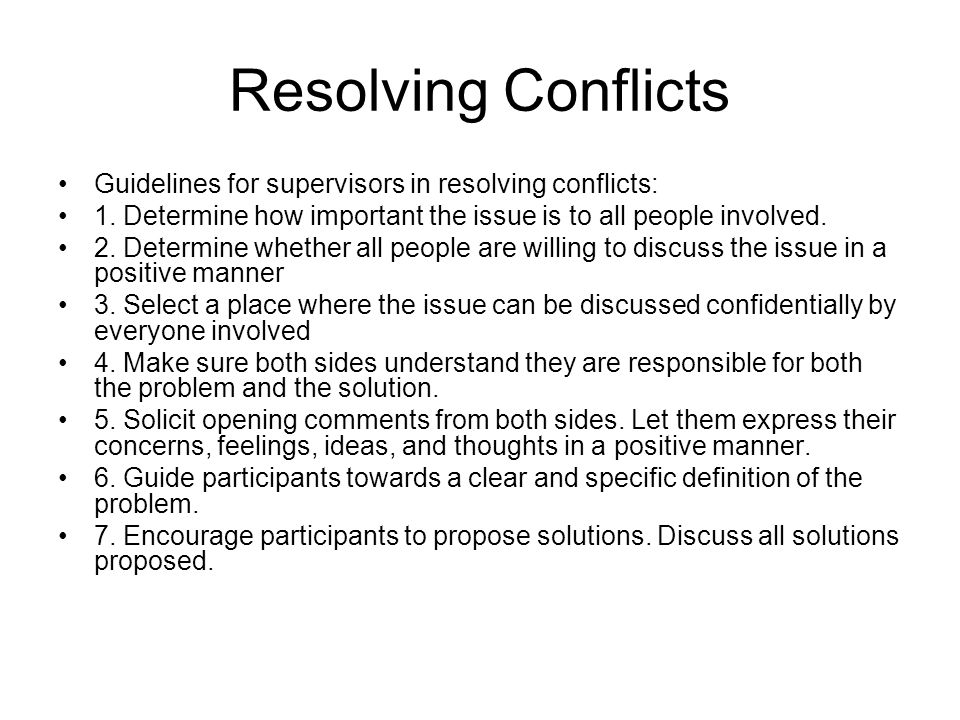 Will your words help or hurt? Will bringing this up cause healing, wholeness, and oneness, or further isolation?
Will your words help or hurt? Will bringing this up cause healing, wholeness, and oneness, or further isolation? - Check your attitude. Loving confrontation says, “I care about you. I respect you and I want you to respect me. I want to know how you feel.” Don’t hop on your bulldozer and run your spouse down. Approach your spouse lovingly.
- Check the circumstances. This includes timing, location, and setting. Don’t confront your spouse, for example, when he is tired from a hard day’s work, or in the middle of settling a squabble between the children. Also, never criticize, make fun of, or argue with your spouse in public.
- Check to see what other pressures may be present. Be sensitive to where your spouse is coming from. What’s the context of your spouse’s life right now?
- Listen to your spouse. Seek to understand his or her view, and ask questions to clarify viewpoints.
- Be sure you are ready to take it as well as dish it out. You may start to give your spouse some “friendly advice” and soon learn that what you are saying is not really his problem, but yours!
- During the discussion, stick to one issue at a time.
 Don’t bring up several. Don’t save up a series of complaints and let your spouse have them all at once.
Don’t bring up several. Don’t save up a series of complaints and let your spouse have them all at once. - Focus on the problem, rather than the person. For example, you need a budget and your spouse is something of a spendthrift. Work through the plans for finances and make the lack of budget the enemy, not your spouse.
- Focus on behavior rather than character. This is the “you” message versus the “I” message again. You can assassinate your spouse’s character and stab him right to the heart with “you” messages like, “You’re always late—you don’t care about me at all; you don’t care about anyone but yourself.” The “I” message would say, “I feel frustrated when you don’t let me know you’ll be late. I would appreciate if you would call so we can make other plans.”
- Focus on the facts rather than judging motives. If your spouse forgets to make an important call, deal with the consequences of what you both have to do next rather than say, “You’re so careless; you just do things to irritate me.
 ”
” - Above all, focus on understanding your spouse rather than on who is winning or losing. When your spouse confronts you, listen carefully to what is said and what isn’t said. For example, it may be that he is upset about something that happened at work and you’re getting nothing more than the brunt of that pressure.
Step Five: Resolving conflict requires forgiveness.
No matter how hard two people try to love and please each other, they will fail. With failure comes hurt. And the only ultimate relief for hurt is the soothing salve of forgiveness.
The key to maintaining an open, intimate, and happy marriage is to ask for and grant forgiveness quickly. And the ability to do that is tied to each individual’s relationship with God.
About the process of forgiveness, Jesus said, “For if you forgive men for their transgressions, your heavenly Father will also forgive you. But if you do not forgive men, then your Father will not forgive your transgressions” (Matthew 6:14–15).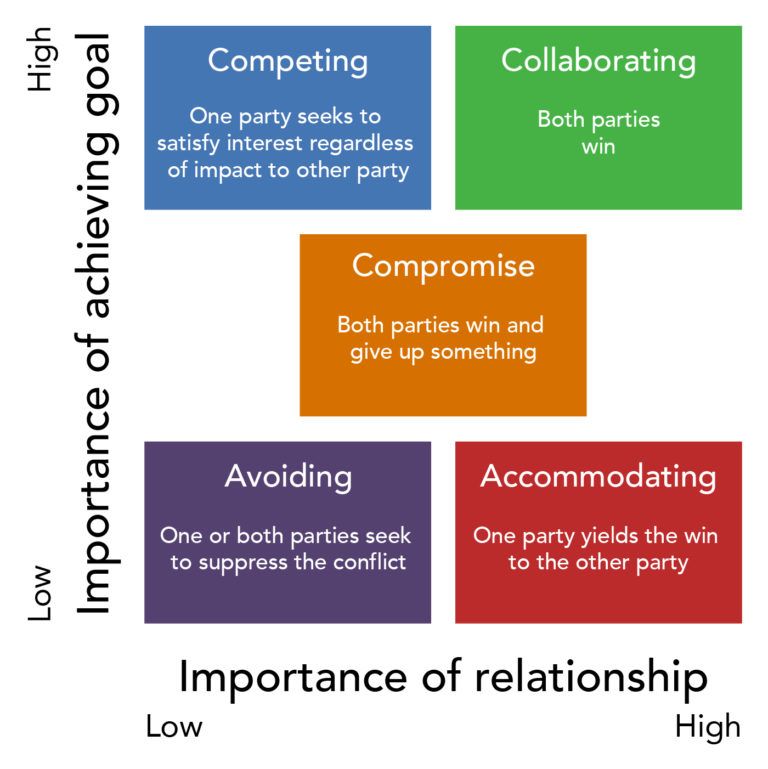 The instruction is clear: God insists that we are to be forgivers, and marriage—probably more than any other relationship—presents frequent opportunities to practice.
The instruction is clear: God insists that we are to be forgivers, and marriage—probably more than any other relationship—presents frequent opportunities to practice.
Forgiving means giving up resentment and the desire to punish. By an act of your will, you let the other person off the hook. And as a Christian you do not do this under duress, scratching and screaming in protest. Rather, you do it with a gentle spirit and love, as Paul urged: “Be kind to one another, tenderhearted, forgiving each other, just as God in Christ also has forgiven you” (Ephesians 4:32).
Step Six: Resolving conflict requires returning a blessing for an insult.
First Peter 3:8-9 says, “To sum up, all of you be harmonious, sympathetic, brotherly, kindhearted, and humble in spirit; not returning evil for evil or insult for insult, but giving a blessing instead; for you were called for the very purpose that you might inherit a blessing.”
Every marriage operates on either the “Insult for Insult” or the “Blessing for Insult” relationship.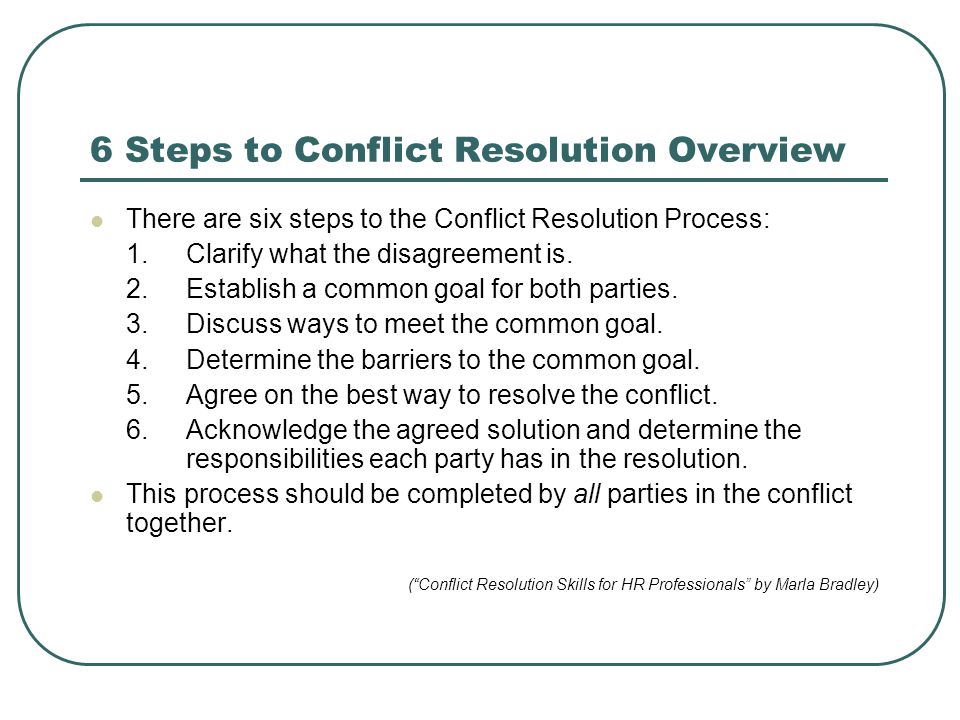 Husbands and wives can become extremely proficient at trading insults—about the way he looks, the way she cooks, or the way he drives and the way she cleans house. Many couples don’t seem to know any other way to relate to each other.
Husbands and wives can become extremely proficient at trading insults—about the way he looks, the way she cooks, or the way he drives and the way she cleans house. Many couples don’t seem to know any other way to relate to each other.
What does it mean to return a blessing for an insult? Chapter three of 1 Peter goes on to say “For, ‘the one who desires life, to love and see good days, must keep his tongue from evil and his lips from speaking deceit. He must turn away from evil and do good; he must seek peace and pursue it'” (verses 10-11).
To give a blessing first means stepping aside or simply refusing to retaliate if your spouse gets angry. Changing your natural tendency to lash out, fight back, or tell your spouse off is just about as easy as changing the course of the Mississippi River. You can’t do it without God’s help, without yielding to the power of the Holy Spirit.
It also means doing good. Sometimes doing good simply takes a few words spoken gently and kindly, or perhaps a touch, a hug, or a pat on the shoulder. It might mean making a special effort to please your spouse by performing a special act of kindness.
It might mean making a special effort to please your spouse by performing a special act of kindness.
Finally, being a blessing means seeking peace, actually pursuing it. When you eagerly seek to forgive, you are pursuing oneness, not isolation.
Our hope
As difficult as it is to work through conflict in marriage, we can claim God’s promises as we do so. Not only does God bless our efforts based on His Word, but He also tells us He has an ultimate purpose for our trials. First Peter 1:6-7 tells us,
In this you greatly rejoice, even though now for a little while, if necessary, you have been distressed by various trials, so that the proof of your faith, being more precious than gold which is perishable, even though tested by fire, may be found to result in praise and glory and honor at the revelation of Jesus Christ.
God’s purpose in our conflicts is to test our faith, to produce endurance, to refine us, and to bring glory to Himself.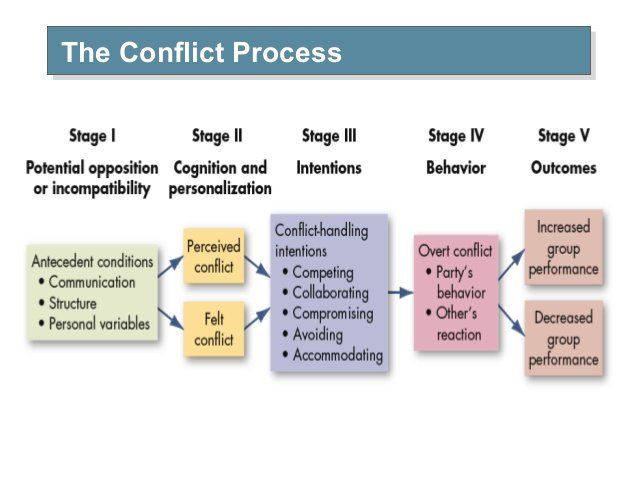 This is the hope He gives us—that we can actually approach our conflicts as an opportunity to strengthen our faith and to glorify God.
This is the hope He gives us—that we can actually approach our conflicts as an opportunity to strengthen our faith and to glorify God.
Copyright © 2002 by FamilyLife. All rights reserved. Much of this material was adapted by permission from Staying Close by Dennis Rainey, ©1989, Thomas Nelson, Inc., Nashville, Tennessee. All rights reserved.
Want to know when we have a new blog post? We’ll send it right to your inbox!
Please enter all required fields
Correct invalid endivies
Related Content
Practical help for your family just got easier to find. Subscribe for help where you need it most, we’re here for you!
We’ve got ideas to help your family grow
- resilient and connected,
- closer to God,
- and even in reaching out around you.
By clicking the "Sign up" button, you agree to receive email updates from FamilyLife and agree to FamilyLife’s privacy policy.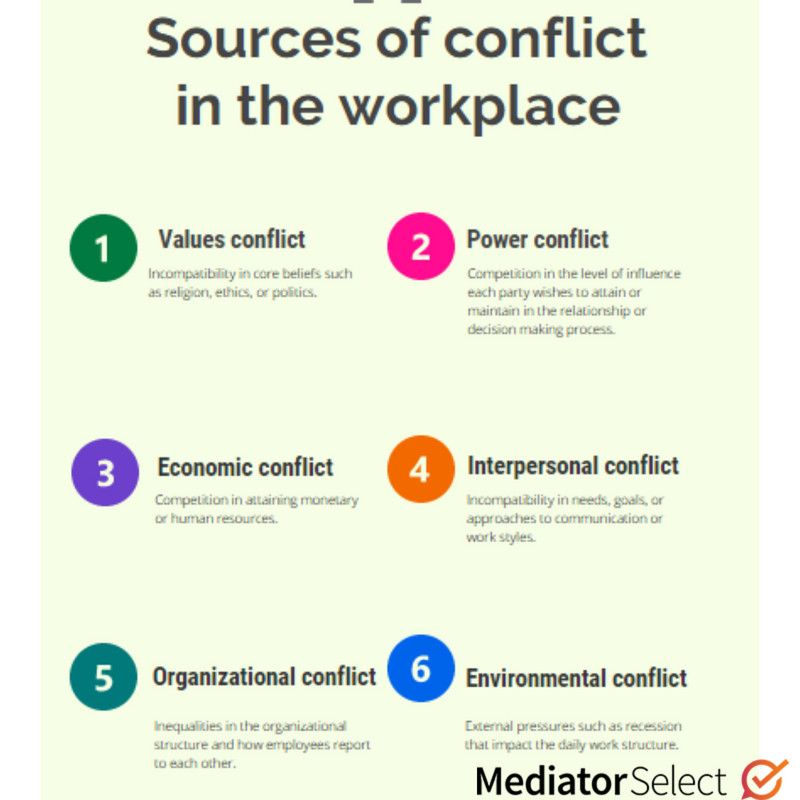
Ron Deal
Ron Deal is one of the most widely read and viewed experts on blended families. He is director of FamilyLife Blended®, President of Smart Stepfamilies™, and author of twenty books and resources.
He is a licensed marriage and family therapist, conference speaker, podcaster, and his work has been referenced by outlets like the New York Times, the Wall Street Journal, Today.com, USA Today, and U.S. News and World Report.
He and his wife, Nan, have three sons.
TOPICS
Do you need resources on blending families?
David Robbins
David and Meg Robbins are passionate about integrating faith and family while equipping people to invest in their communities. David became the President of FamilyLife in 2017. The Robbinses have served in a variety of ministry roles over the years in Western Europe and as a National Director for Cru’s Campus Field Ministry.
Before FamilyLife, the Robbinses lived in Manhattan, where they helped launch an initiative with Cru to 20-somethings. Their desire is to leverage FamilyLife’s resources to engage new audiences and generations to come.
Their desire is to leverage FamilyLife’s resources to engage new audiences and generations to come.
David and Meg, married in 2001, currently live in Orlando, Florida, with their four children.
TOPICS
Do you need resources on missionaries from your own home?
Shelby Abbott
Shelby is a Philadelphia-based author, podcast/radio host, public speaker, and campus minister. His passion for ministry has led him to speak at churches and college campuses all over the United States. He has authored the books DoubtLess: Because Faith is Hard, What’s the Point?, Pressure Points: A Guide to Navigating Student Stress, Jacked, and I Am a Tool (To Help With Your Dating Life), as resources for your heart.
TOPICS
Do you need resources on doubt?
Dave Wilson
Dave and Ann Wilson are the authors of Vertical Marriage: The One Secret That Will Change Your Marriage (2019) and No Perfect Parents: Ditch Expectations, Embrace Reality, and Discover the One Secret That Will Change Your Parenting (2021).
Additionally, they are touring speakers, as well as the radio hosts of the nationally syndicated radio show, Family Life Today. But it’s their singular passion for enriching lives through spreading the Word and wisdom of God that truly defines them.
TOPICS
Do you need resources on forgiveness?
Bob Lepine
Bob Lepine has been a leader in biblical marriage content for more than 40 years. He was the Vice President of Content, Chief Creative Officer, and co-host of FamilyLife Today. A veteran of Christian radio, Bob has a degree in communications from the University of Tulsa.
Prior to joining FamilyLife in 1992, Bob worked for local radio stations in Tulsa, Phoenix, Sacramento, and San Antonio. He is the author of The Christian Husband, Helping your Children Know God, and the wildly successful book, Love like you Mean It. Bob also resides on the Executive Committee for National Religious Broadcasters and serves as an elder and teaching pastor at Redeemer Community Church in Little Rock, Arkansas.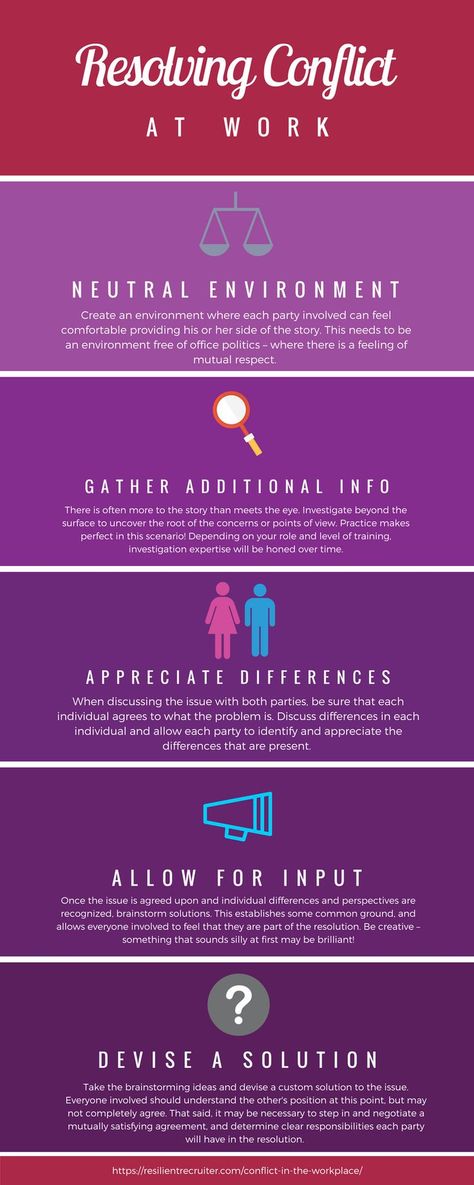
Bob and his wife, Mary Ann, have been married since 1979 and together they have five children.
TOPICS
Do you need resources on infidelity?
Ann Wilson
Dave and Ann Wilson are the authors of Vertical Marriage: The One Secret That Will Change Your Marriage (2019) and No Perfect Parents: Ditch Expectations, Embrace Reality, and Discover the One Secret That Will Change Your Parenting (2021).
Additionally, they are touring speakers, as well as the radio hosts of the nationally syndicated radio show, Family Life Today. But it’s their singular passion for enriching lives through spreading the Word and wisdom of God that truly defines them.
TOPICS
Do you need resources on preparing for parenting?
7 Steps to Conflict Resolution in a Marriage
7 Steps to Conflict Resolution in a Marriage- Conditions
- Featured
- Addictions
- Anxiety Disorder
- ADHD
- Bipolar Disorder
- Depression
- PTSD
- Schizophrenia
- Articles
- Adjustment Disorder
- Agoraphobia
- Borderline Personality Disorder
- Childhood ADHD
- Dissociative Identity Disorder
- Narcissistic Personality Disorder
- Narcolepsy
- Oppositional Defiant Disorder
- Panic Attack
- Postpartum Depression
- Schizoaffective Disorder
- Seasonal Affective Disorder
- Sex Addiction
- Specific Phobias
- Teenage Depression
- Trauma
- Featured
- Discover
- Wellness Topics
- Black Mental Health
- Grief
- Emotional Health
- Sex & Relationships
- Trauma
- Understanding Therapy
- Workplace Mental Health
- Original Series
- My Life with OCD
- Caregivers Chronicles
- Empathy at Work
- Sex, Love & All of the Above
- Parent Central
- Mindful Moment
- News & Events
- Mental Health News
- COVID-19
- Live Town Hall: Mental Health in Focus
- Podcasts
- Inside Mental Health
- Inside Schizophrenia
- Inside Bipolar
- Wellness Topics
- Quizzes
- Conditions
- ADHD Symptoms Quiz
- Anxiety Symptoms Quiz
- Autism Quiz: Family & Friends
- Autism Symptoms Quiz
- Bipolar Disorder Quiz
- Borderline Personality Test
- Childhood ADHD Quiz
- Depression Symptoms Quiz
- Eating Disorder Quiz
- Narcissim Symptoms Test
- OCD Symptoms Quiz
- Psychopathy Test
- PTSD Symptoms Quiz
- Schizophrenia Quiz
- Lifestyle
- Attachment Style Quiz
- Career Test
- Do I Need Therapy Quiz?
- Domestic Violence Screening Quiz
- Emotional Type Quiz
- Loneliness Quiz
- Parenting Style Quiz
- Personality Test
- Relationship Quiz
- Stress Test
- What's Your Sleep Like?
- Conditions
- Resources
- Treatment & Support
- Find Support
- Suicide Prevention
- Drugs & Medications
- Find a Therapist
- Treatment & Support
Medically reviewed by Scientific Advisory Board — By Christine Hammond, MS, LMHC on September 17, 2015
Some marriage conflicts never seem to be resolved.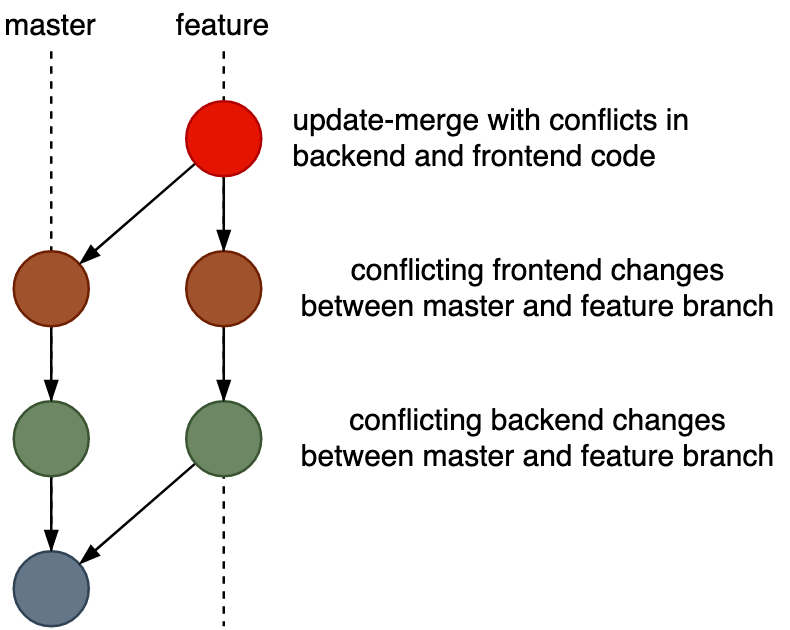 This situation leaves couples arguing about the same thing over and over again. But things do not have to be this way. Most conflicts can be resolved if a consistent process is followed.
This situation leaves couples arguing about the same thing over and over again. But things do not have to be this way. Most conflicts can be resolved if a consistent process is followed.
While these steps may seem time consuming at first, in the end they are saving countless hours of exhausting arguing and avoiding. In addition, allowing an issue to go unaddressed causes it to eventually grow into something unmanageable.
- Environment, rules & boundaries Begin the discussion in a neutral territory such as a restaurant. Set a time limit, focus on one problem, remain calm and agree to disagree if needed. Decide on no name calling, belittling of ideas or manipulative behavior.
- Agree on the problem Each should describe the problem as they see it. Then look for a larger issue and any underlying fears and needs. Pick one battle at a time.
- Gather information Use SWOT (strengths, weaknesses, opportunities, threats). What strengths / weaknesses does the other person have that will help in this situation? Is there an opportunity for growth? Who or what might threaten success?
- Brainstorm solutions – Initially focus on keeping it positive, being creative and staying in the present.
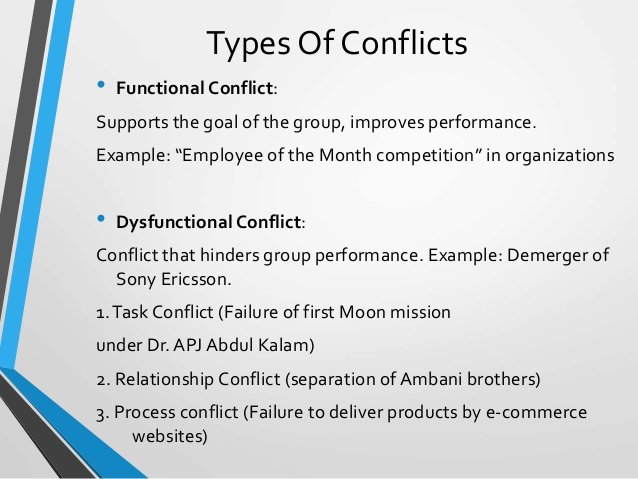 Be careful to withhold criticism and instead welcome unusual solutions. Next, focus on turning problems into possibilities, improving on ideas and combining concepts.
Be careful to withhold criticism and instead welcome unusual solutions. Next, focus on turning problems into possibilities, improving on ideas and combining concepts. - Negotiate Work towards a collaborative solution by being hard on the problem and soft on the person. Then emphasize common ground and make clear agreements on small things. If necessary, be willing to forgive or ask for forgiveness. This is the time to let go of inconsequential things. Most importantly, allow time for each party to speak and listen.
- Take action Pick one idea and set a target date to start. Then, establish evaluation times and an end date.
- Evaluate On the end date, ask these questions. What worked? How can it be improved? Where is help needed?
Resolving conflicts strengthens a marriage and binds two people closer together. This process is very time consuming in the beginning but well worth the investment.
Last medically reviewed on September 17, 2015
FEEDBACK:
Medically reviewed by Scientific Advisory Board — By Christine Hammond, MS, LMHC on September 17, 2015
Read this next
What Is Capgras Syndrome?
Capgras syndrome is when someone believes their loved one has been replaced with an imposter.
 Learn more about causes, symptoms, and treatment.
Learn more about causes, symptoms, and treatment.READ MORE
Stopping Psychiatric Medications: What You Need to Know
Working with a supportive professional can help you find the best strategy to safely reduce and eventually stop your medication.
READ MORE
Do You Know Someone with Responsibility Deficit Disorder?
Some people have trouble taking responsibility for their actions or avoid any responsibility altogether. But it doesn't mean they're immature. Here's…
READ MORE
Birth Order Theory: How Birth Order Affects Your Personality
Birth order theory states that the order in which you were born in your family may influence your personality, but is this true? Some research says…
READ MORE
What Are Couple Friends? 5 Ways to Make Friends with Other Couples
Medically reviewed by Jennifer Litner, LMFT, CST
Couple friends can help improve romantic relationships and be beneficial to your overall well-being.
 Here are 5 ways to make friends with other…
Here are 5 ways to make friends with other…READ MORE
Anxiety Waiting: What to Do When You Have to Wait
Any time we have to wait, many of us get nervous. Our minds fill with disastrous scenarios and what-ifs. But practicing deep breathing and mindfulness…
READ MORE
A Look at and Beyond Mom (or Dad) Guilt
Here's how to overcome mom guilt, if you've got a case of the "should've, could've, would'ves" as a parent.
READ MORE
What Is Pathologizing?
Pathologizing can lead to harmful stereotypes of mental illness. Here's how to avoid doing this.
READ MORE
What Is Zentangle and Can It Improve Your Mental Health?
Medically reviewed by Karin Gepp, PsyD
if you're interested in art therapy but don't have much art experience, Zentangle could be a good option for you.

READ MORE
All About Dyspraxia (Developmental Coordination Disorder)
Medically reviewed by Nicole Washington, DO, MPH
Dyspraxia is a neurodevelopmental condition that affects motor skills and coordination. Learn more about symptoms, causes, and treatment.
READ MORE
How to resolve family conflicts, what not to do during a quarrel, and what is the main secret of happy marriages
Irina Balmanzhi
Some specific problems, such as how to raise children, spend money from the family budget and distribute household chores, are by no means what constitute the essence of marriage or contribute to its breakdown. Here everything is decided, rather, by the way that the spouses choose to discuss painful issues. A simple agreement on how to express different points of view will help you deal with negative emotions and keep the relationship going.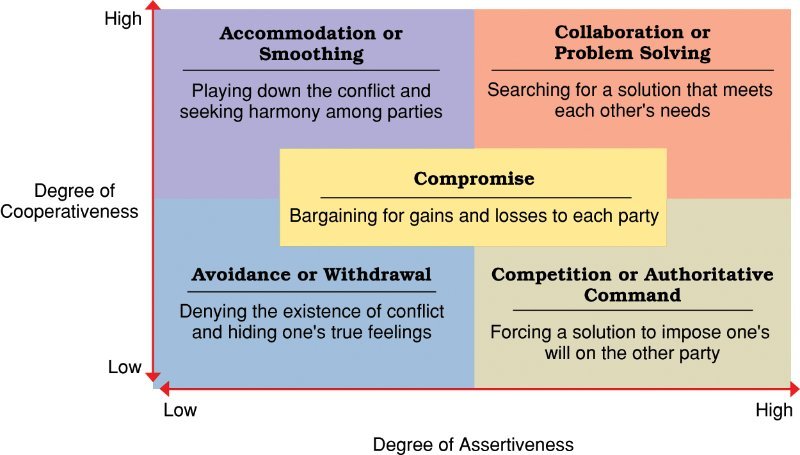
We talk about destructive strategies of behavior and how to resolve conflicts correctly.
Rough criticism
Most spouses have moments from time to time when dissatisfaction with what the partner has done is expressed in such a way that it looks like a hostile attack on the person, and not on his act. And I must say, such harsh criticism of a partner has a much more destructive emotional impact than justified remarks.
Source
In a healthy marriage, the husband and wife express their dissatisfaction openly and calmly. The difference between dissatisfaction and personal criticism is very simple. When making a complaint, a wife is specific about what is upsetting her and criticizes her husband's action, not his own, telling him her reaction: "When you forgot to pick up my clothes from the dry cleaners, I thought you didn't give a damn about me." This is how basic emotional intelligence expresses itself: affirmatively, but by no means aggressively or passively.
By resorting to personal criticism, she, on the contrary, uses a specific grievance to launch a global attack on her husband: “You always act like a careless egoist, once again proving that you cannot be relied on for anything.” After such a critical assessment, a person becomes ashamed, he feels hostility from his partner, feels guilty and flawed. And he will decide on a defensive reaction, and will not take any steps at all to improve the state of affairs.
The situation is made even worse if criticisms are expressed with contempt - a particularly destructive emotion. Contempt usually accompanies anger and is found not only in words, but also in tone of voice and angry facial expression. The most open form of contempt, of course, remains a mockery or insult like: "nothingness", "rag" and "rubbish".
No less offensive is the body language that conveys contempt, especially such a universal mimic signal for expressing disgust as lips twisted in a sly smile or a look raised to the ceiling, corresponding to the exclamation: “Well, you are such a type!”
Solution: communicate without accusations
There are many labels and barbs in the verbal arsenal of spouses: “you are selfish”, “you are heartless”, “you don’t care about me”, “you are simply incapable of intimacy”, “you think that I am your property”, “you constantly demand something”, “you whine all the time”, “you are not independent”.
Try to use the method of "communication without accusations." His goal is to stop verbal duels and turn attention to the real problem.
It is necessary to make a purposeful effort and try not to lash out at the partner: to express dissatisfaction with what he did, but not to criticize him as a person and not express contempt.
Complaints should not turn into criticisms of character, they should be a clearly articulated statement that some particular act or deed causes suffering. An angry personal attack will almost certainly lead to the spouse becoming defensive or fenced off with a wall of silence. There will be additional frustration, the quarrel will only escalate.
Wall of silence
Emotional attacks can cause one of two reactions: "fight or escape." The most obvious choice is to strike back with an outburst of angry reproaches. This path usually leads to an inconclusive competition in shouting over each other. But the alternative response—flight—may be more harmful, especially if the “escape” is reduced to falling into unbreakable silence.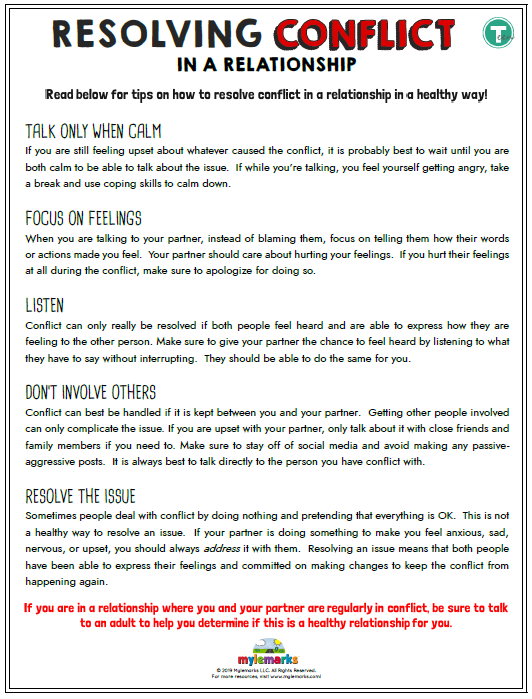
The erection of the wall of silence marks the last line of defense. The silencer simply becomes impenetrable, taking on a stone expression on his face, falling silent and thereby actually moving away from the conversation.
Source
The wall of silence sends out a powerful unnerving signal, something like a combination of icy restraint, superiority and dislike.
According to the observations of scientists, the stone wall of silence was found mainly in marriage unions, inexorably moving towards trouble. In 85 percent of these cases, it was the husband who resorted to this type of defense in response to the actions of the wife, who lashed out at him with critical remarks, pouring out her contempt.
Hiding behind a wall of silence is a habitual reaction that has a destructive effect on relationships: it cuts off all possibilities for settling differences.
Solution: Discuss problems openly
As a rule, wives express their dissatisfaction louder and more frankly than husbands (although there are exceptions). At the same time, men are trying in every possible way to evade the discussion of unpleasant moments in a relationship. So this advice is mostly for the stronger sex.
At the same time, men are trying in every possible way to evade the discussion of unpleasant moments in a relationship. So this advice is mostly for the stronger sex.
Men are advised not to shy away from conflict, but to understand that when their wives begin to discuss some grievances or disagreements, they show love for their husbands, wanting to maintain a good and lasting relationship (although, of course, female hostility may well have other motives ).
If resentment and discontent simmer for a long time, they inevitably become aggravated, and sooner or later an explosion is sure to occur. But if all controversial issues are regularly “ventilated” and settled, there will be a relaxation of tension.
Source
Husbands should also realize that irritation or dissatisfaction does not at all imply personal attacks: the emotions of wives often only serve as an indicator of the depth of their feelings on this or that occasion.
Men also need to be careful not to derail the discussion by proposing a practical solution too soon - as a rule, it is more important for a wife to feel that her husband is listening to her complaints and enters into her feelings about the issue under discussion. She may see his offer of advice as a way to let her know that her feelings are inconsistent.
She may see his offer of advice as a way to let her know that her feelings are inconsistent.
Husbands who are able to share the company of their wives during a fit of anger, instead of dismissing complaints as nonsense, help their better half feel heard and respected. The most important thing wives want is for their feelings to be acknowledged and treated as valid, even if their husbands disagree with them. It often happens that the wife, realizing that her opinion has been heard, and her feelings have been noticed, calms down.
Poisonous thoughts
The children got naughty, and Martin, their father, began to get annoyed. He turned to his wife, Melanie, and asked sarcastically, "Darling, don't you think the kids might have settled down by now?" In fact, he thought: "She is too lenient with children."
Melanie, responding to his anger, felt a wave of irritation wash over her. A tense expression appeared on her face, her eyebrows drew together at the bridge of her nose, and she replied: “The children are playing. Whatever the case, they'll be going to bed soon." And she herself thought: “Again, he is for his own, forever dissatisfied.”
Whatever the case, they'll be going to bed soon." And she herself thought: “Again, he is for his own, forever dissatisfied.”
Now Martin was visibly angry. He leaned forward menacingly, clenched his fists, and said in an irritated tone, “Maybe I should pack them now?” And I thought: “She objects to me in everything. I should bet on mine."
Melanie, suddenly afraid of Martin's fury, humbly muttered: "No, no, I'll put them in now." A thought flashed through her: “He is not in control of himself at all, no matter how the children get it. It's better for me to give up."
Such parallel conversations—voiced and silent—reported by Iron Beck, the founder of cognitive therapy. He cites them as examples of the types of thinking that can poison any marriage. The true exchange of emotions between Melanie and Martin is shaped by their thoughts, and those thoughts are in turn shaped by another, deeper layer that Beck calls “automatic thoughts,” fleeting background assumptions about themselves and the people in their lives.
Source
For Melanie, the background thought will be something like: “He always harasses me with his irritation,” and the main thought will sit in Martin’s head: “She doesn’t dare to treat me like that.” In their marriage, Melanie feels like an innocent victim, and Martin feels righteous anger because he feels he is being treated unfairly.
Thoughts about the status of an innocent victim, filled with just indignation, are typical of spouses who are unhappy in marriage, and constantly feed anger and resentment. As soon as disturbing thoughts begin to arise automatically, they immediately begin to reinforce themselves: the partner who thinks he is being harassed constantly “scans” everything that the other partner does, highlighting what can confirm his position as a martyr, and not accepting reckoning no beneficence on the part of another that would question or disprove his belief.
Solution: Get rid of the pessimistic pattern
The general pattern of thoughts that sustain or alleviate suffering is consistent with psychologist Martin Seligman's model of pessimistic and optimistic positions.
The pessimistic point of view assumes that the partner is naturally full of flaws that cannot be changed, which serves as a guarantee of torment: “He is selfish and self-absorbed; this is how he was brought up, this is how he will always be; he expects me to fulfill his every whim, and he doesn’t care what I feel.”
The opposite, optimistic, point of view boils down to something like this: “Well, yes, he is demanding now, but he used to be attentive; maybe he’s in a bad mood, I don’t know, maybe something bothers him in his work.” This point of view does not put an end to the husband (or marriage) as something irreparably corrupted and hopeless. On the contrary, she explains the unpleasant moment by circumstances that can change.
The first attitude brings endless suffering, the second consoles. Spouses who take a pessimistic position are extremely prone to emotional attacks. They become enraged, offended, or otherwise distressed by what their "halves" are doing, and become agitated as soon as the attack begins. And of course, internal distress and a pessimistic attitude greatly increase the likelihood that when faced with a partner they will resort to criticism and show contempt. And this, in turn, will increase the likelihood of leaving the wall of silence.
And of course, internal distress and a pessimistic attitude greatly increase the likelihood that when faced with a partner they will resort to criticism and show contempt. And this, in turn, will increase the likelihood of leaving the wall of silence.
When emotions take over the mind
At the heart of every strong emotion is an impulse to act; the ability to manage these impulses is the essence of emotional intelligence. This is especially difficult for people in intimate relationships where too much is at stake for them.
Emotional reactions in such situations affect our deepest desires: the need to be loved and to feel the respect of a partner; fear that you will be abandoned or will be perceived as an empty place. And therefore it is quite natural that we take part in family battles, because they sometimes decide how our future life will turn out.
But it is impossible to come to a positive decision if the husband or wife is not in control of their emotions, which means that the main thing that can be advised to spouses is to learn how to moderate their own agitated feelings.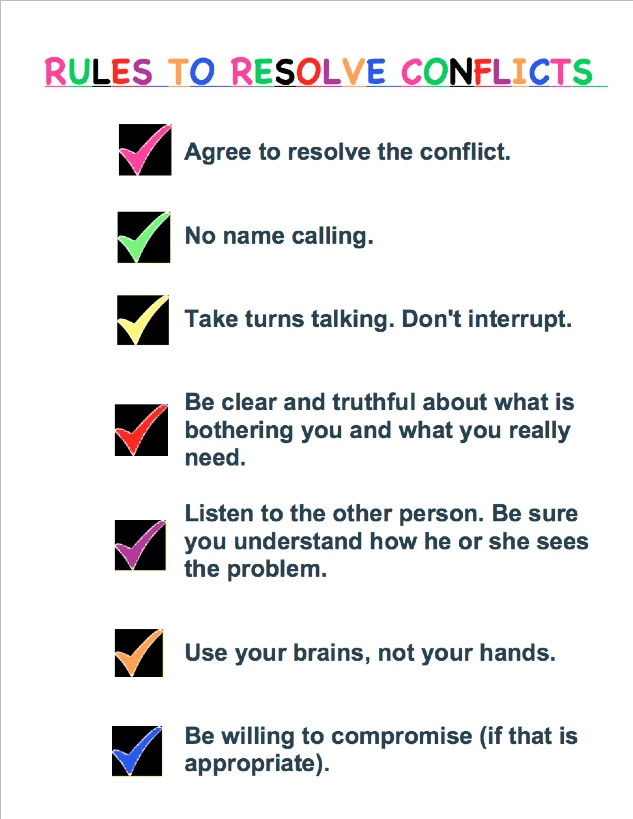
Source
In other words, each spouse must be able to quickly deal with emotions. And since in moments of emotional outbursts a person loses the ability to listen, think and clearly express his thoughts in words, the ability to calm down is an extremely constructive move, without which progress in resolving a contentious issue is impossible.
Solution: don't stir up anger
The couple should make an agreement in advance, according to which either of them can demand a short break at the first sign of "emotional flooding".
This allows you to stop in the midst of an argument and separate for twenty minutes to cool off before continuing the discussion. Although a fifteen-minute break may seem long enough, actual physiological recovery is gradual and takes longer. Residual anger causes more anger; a longer wait gives the body more time to recover from a previous activation.
During a break, you can help calm down by using relaxation techniques or by doing some of the exercises from the arsenal of aerobics. It is even more important to neutralize poisonous thoughts, because they are the ones that generate new fits of rage.
It is even more important to neutralize poisonous thoughts, because they are the ones that generate new fits of rage.
If you overwork yourself and get more and more excited, then a break will not do any good. Instead, one should calmly track down negative thoughts, realizing that there is no need to believe them. It is worth making a conscious effort to comprehend facts or other points of view that will question yours.
For example, a wife, having decided at the most stressful moment that her husband does not care about her needs, could herself refute this thought by reminding herself of her husband's various actions, which, in fact, serve as proof of his attention and care. As a result, her thoughts would take a different turn.
The main secret of strong marriages: emotional connection
Psychologists decided to observe married couples “in their natural habitat”. Since it would be embarrassing to move to the participants for the duration of the experiment, the organizers came up with the following option: they built a studio apartment in their laboratory.
The couples took turns in the experiment and spent twenty-four hours in the apartment. Participants were asked to bring groceries and everything they need for what they usually do at home on the weekends - movies, books, even work. The only condition is to spend the day the way they would spend it at home. During twelve of the twenty-four hours, usually from 9 am to 9 pm, they were filmed.
One of the most surprising observations was "applications for an emotional connection" and the reaction to them - that is, attempts to establish contact with a partner. The scientists ranked these applications according to the emotional involvement they required. The hierarchy turned out like this (from the lowest inclusion to the highest):
- A simple request for partner's attention. "Look, what a beautiful yacht."
- Request for partner interest. “Your dad had the same yacht, right?”
- Application for enthusiasm. “Listen, on such a yacht we could go on a trip around the world.
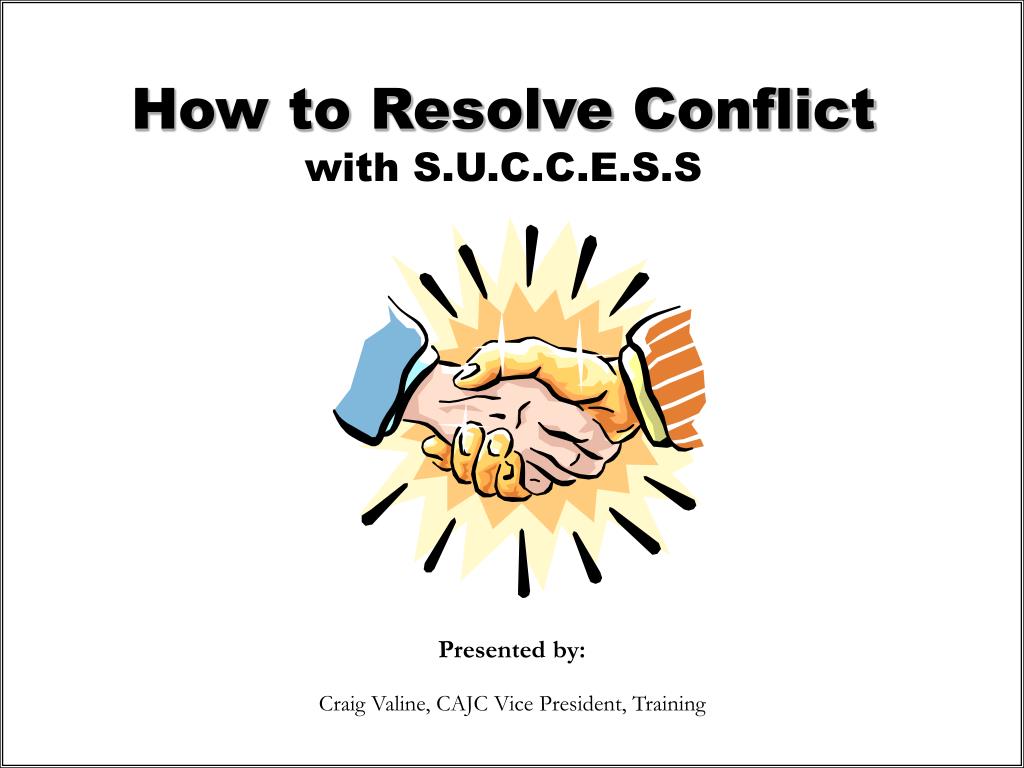 ”
”
- Request to continue the conversation. “Have you talked to your brother for a long time? Did he fix his yacht?
- Application for the game. Roll up the newspaper into a tube and lightly hit your partner on the head: “Here, all day my hands itched to do this.”
- Application for humor. "A rabbi, a priest and a psychiatrist are sailing on a yacht..."
- Application for tenderness. Request "Hug me", etc.; often expressed non-verbally.
- Emotional Support Request: "I still don't understand why I wasn't promoted."
- Application for openness. “Tell me, did you like to go with your grandfather to the sea on a yacht as a child?”
The researchers noticed that after each of these techniques, the partner to whom the application is addressed demonstrates one of three possible reactions: either “turns” to the partner and expresses enthusiasm (from a short interjection to full participation in the conversation), or “turns away”, usually simply ignoring what they heard, or “turning against” the partner (“Listen, well, I’m reading, don’t interfere!”).
Couples' reactions to emotional requests revealed a lot about their future. These small patterns of behavior, at first glance, meaning nothing in isolation, nevertheless, made it possible to most accurately predict how a couple would develop a relationship in the long term.
Follow-up after six years showed that couples where one or both partners responded emotionally to 3 out of 10 requests were already divorced, while those who responded emotionally to 9 out of 10 requests were still together.
Source
In marriage, these micro-displays of attention or indifference add up to a whole culture that either strengthens relationships or undermines them. Small patterns of behavior feed on themselves, gradually becoming more complex, as each interaction builds on previous ones, even if each of them individually is a trifle. Moments of pettiness and anger or generosity and affection form a self-perpetuating feedback loop, and over time the relationship as a whole becomes either more destructive or happier.
Based on materials from books Emotional Intelligence and Emotional Flexibility
How to resolve conflicts in the family
If you act wisely and seek help, in many situations you can establish0 9002 Whatever the causes of family conflicts, the conflict itself always develops according to its own laws, knowing which, we can try to cope with disagreements. Sometimes it is important to see the essence of the contradictions in time and stop in order not to bring the situation to a rupture. How to do it and who can help?
Family conflicts are one of the most widespread and acute forms of social conflicts. According to experts, pronounced conflicts occur in 80-85% of families, and quarrels arise in the remaining 15-20% for various reasons (data from the Federal State Statistics Service). At the same time, no one else, except family members, knows about most family conflicts.
So a young family should not expect their marriage to be serene and devoid of controversy. Family conflicts are almost inevitable, but we can strive to ensure that they do not lead to serious consequences for all family members, especially for children. Moreover, conflicts can be useful if partners can use them to identify discrepancies in views and value systems and find ways to continue to build a joint life on more reliable foundations.
Family conflicts are almost inevitable, but we can strive to ensure that they do not lead to serious consequences for all family members, especially for children. Moreover, conflicts can be useful if partners can use them to identify discrepancies in views and value systems and find ways to continue to build a joint life on more reliable foundations.
Why conflicts arise
“Conflicts that repeat with a certain frequency do not speak about the subject of the dispute,” says family psychologist Lyudmila Petranovskaya. “They are a signal that the deepest needs of people who are arguing are hurt.”
And yet, usually one of the textbook contradictions well known to psychologists becomes the reason for the conflict. It may be easier for some of those who often quarrel with a partner to think that, in fact, unhappy families, like happy ones, also resemble each other in many ways.
Briefly identify the main causes of family disagreements as follows:
- disappointment in the partner, his inconsistency with the previously existing ideal;
- hedonistic attitude towards marriage, expecting only pleasant moments from it and subsequent disappointment in marriage;
- the desire to subjugate, remake a partner;
- intolerance to everyday habits, hobbies, partner's friends;
- unfinished relationship with the partner's environment, his relatives;
- mismatch of ideas about family roles and housekeeping;
- inability to communicate, express one's feelings and needs;
- lack of emotional support, attention, care;
- dissatisfaction with the need to recognize the value and significance of my "I", neglect, disrespect, insulting attitude from the partner;
- unmotivated aggression and domestic violence;
- bad habits;
- financial disputes;
- issues related to the appearance of children in the family and their upbringing;
- dissatisfaction with sexual needs;
- jealousy, adultery.
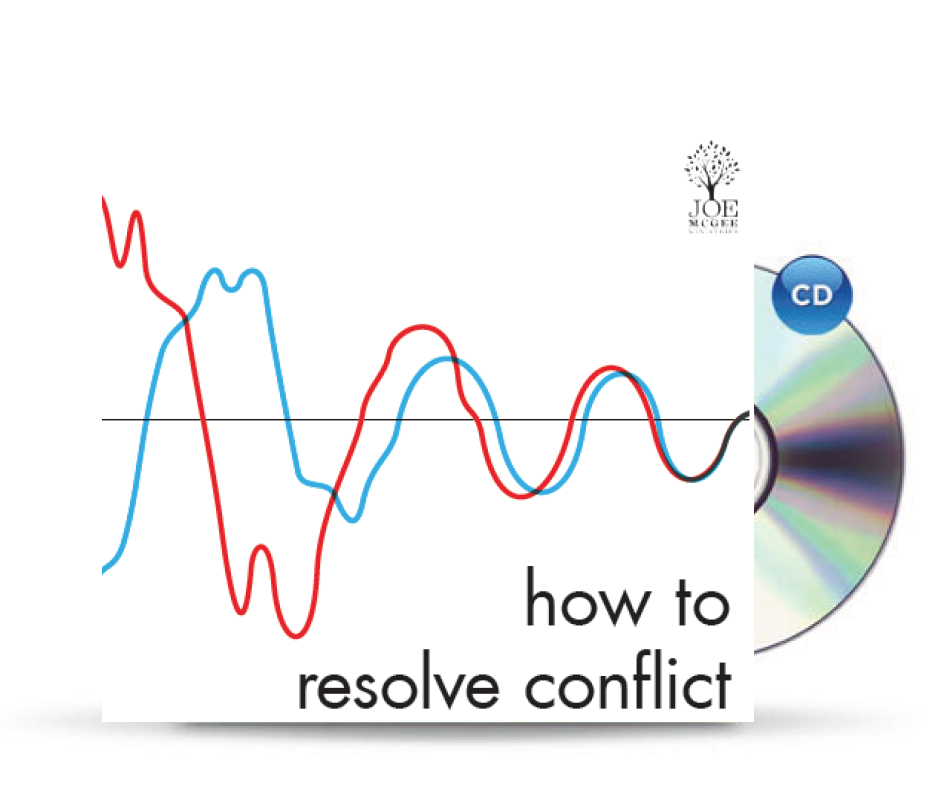
Every family has its own set of pain points. Someone struggles with bad habits and favorite activities of a partner, someone is more worried about relationships with her husband’s relatives or the methods of raising children that a wife uses, someone cannot articulate their claims clearly, because they actually feel a lack attention, respect, recognition of their value and role in marriage.
It is believed that half of the families break up due to the inability to express their thoughts and the accumulated claims to the spouse. Regardless of whether there is a real reason for quarrels and resentments, or whether they arise every time as if from scratch, you can try to control the escalation of the conflict.
Deprive the conflict of power by removing one of its elements
“Any conflict consists of three components: contradiction (the presence of different beliefs), confrontation (interaction, clash of beliefs) and negative experiences that are difficult to control (the result of a clash), – explains the expert in field of conflictology Vladimir Orlov.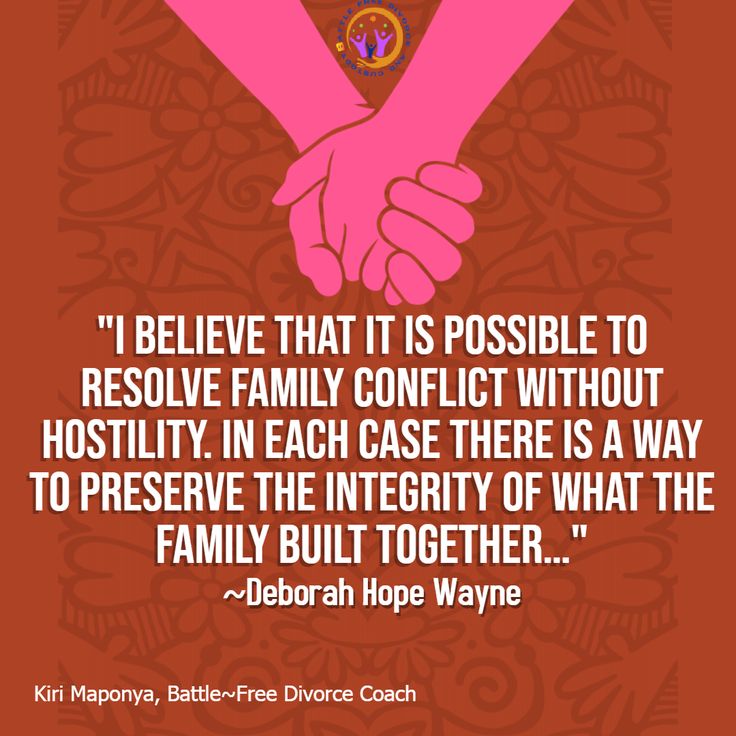 “Conflict can be avoided if one of these elements is removed.”
“Conflict can be avoided if one of these elements is removed.”
Conflict in psychology is understood not just as contradictions and confrontation, but as clashes that are accompanied by acute negative experiences of a certain level, when we somehow lose control over our actions, notes Vladimir Orlov. If the “opponents” manage to communicate constructively, without showing strong emotions, then they may have an argument or another form of showdown, but it will not come to a severe conflict.
If negative experiences occur often or last for a long time, the conflict moves to a new level: hostility arises.
Hostility is the antithesis of trust, it is the feeling of being threatened with deprivation of resources. As a result, the husband and wife cease to trust each other, constantly expect a dirty trick from a partner and hold a “psychological defense”.
When building defense systems, partners spend on this, according to some experts, 60–80% of their psychic energy.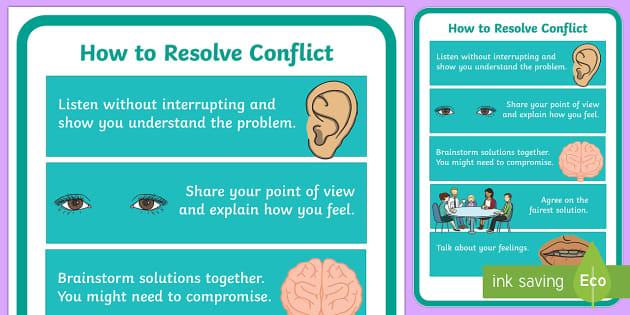 In this case, there are no forces left for any constructive actions: disagreements become permanent, the conflict becomes protracted.
In this case, there are no forces left for any constructive actions: disagreements become permanent, the conflict becomes protracted.
Accept a partner and make rules
The first step to getting out of conflicts is a priori trust. “We drop all our defenses and open up to another person,” says Vladimir Orlov. “All the energy that is released goes to creativity, to feelings, to the manifestation of these feelings in relation to another person.”
Managing your own feelings is not easy. Vladimir Orlov recommends trying to look at the situation, cooled down from emotions, rationally, and develop insensitivity (tolerance) to the irritant.
Vladimir Orlov, conflictologist
At the same time, "accept" does not mean "agree" at all - rather, it means "to understand in order to move on."
You can avoid the heat of passion, which can lead to a break, with the help of rules that take into account the interests of all family members and help restore mutual understanding. For example, to recognize for everyone the right to personal space, their own interests and social circle; have breakfasts and dinners without gadgets; do not sort things out in front of children and strangers; express your thoughts and feelings in a certain way. Each couple should eventually come to their own set of family rules.
For example, to recognize for everyone the right to personal space, their own interests and social circle; have breakfasts and dinners without gadgets; do not sort things out in front of children and strangers; express your thoughts and feelings in a certain way. Each couple should eventually come to their own set of family rules.
Benefit from conflict
Is it possible to learn how to build family relationships in such a way that inevitable contradictions do not destroy them, but develop them?
“Contradictions are the driving force of any development, so there is no need to be afraid of them. It is much more efficient to look at them from a different angle and resolve them through negotiations,” says Vladimir Orlov. “As a result, there will be a congruence effect. In mathematics, this term refers to the similarity of figures, and in psychology - behavior in accordance with one's values, thoughts and plans.
A congruent person is not hypocritical, thinking one thing and doing another, but does what he thinks is more right. However, in one's congruence one cannot harm others. In a conversation, for example, it is useful to learn to express thoughts in such a way as not to offend or offend a partner.
However, in one's congruence one cannot harm others. In a conversation, for example, it is useful to learn to express thoughts in such a way as not to offend or offend a partner.
If you can't figure it out without external help
Due to the strong emotions that usually accompany conflicts, a married couple sometimes cannot discuss the situation directly with each other. When it’s hard to agree on your own, you should contact a family psychologist or mediator (from English mediator - “conciliator, mediator”).
A third party that takes a neutral position and is not interested in the conflict in any way helps partners to articulate their thoughts more clearly, find sources of contradiction and come to an understanding faster in a difficult situation.
"Some mediators act as mentors, claiming to be the "manager of conflicts", others - as consultants and psychotherapists who help partners make a mutually acceptable decision, others - as arbitrators, indicating the way out of the conflict situation, the fourth - as the organizers of negotiations", - explains a specialist in mediation and conflict resolution, systemic family psychotherapist Nina Lavrova.














